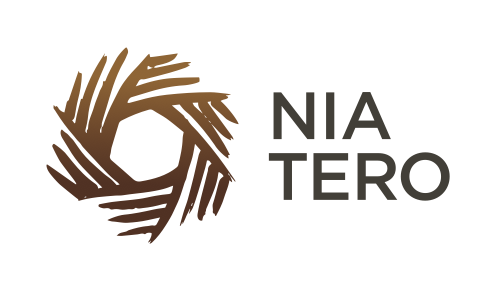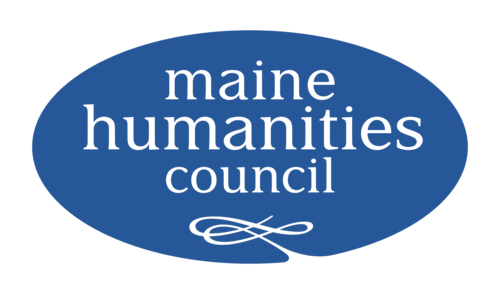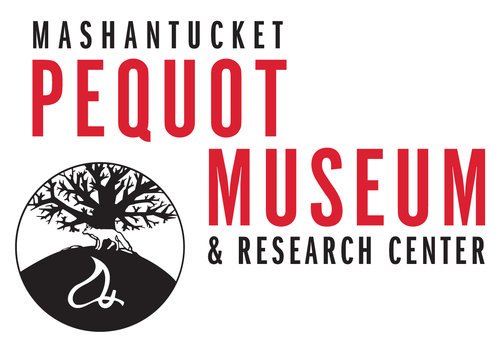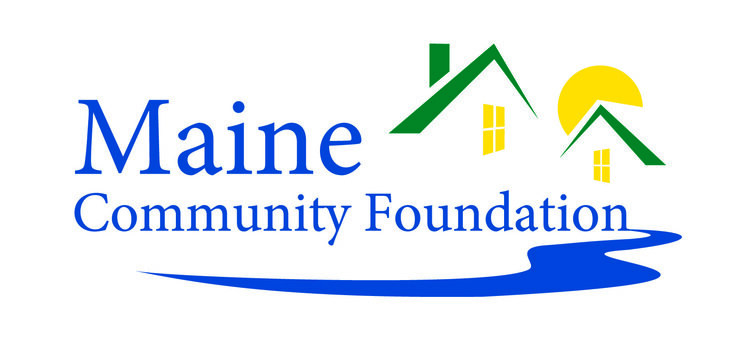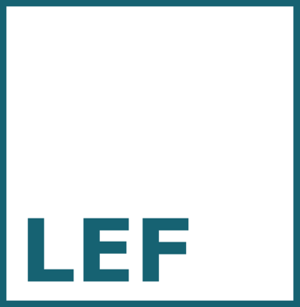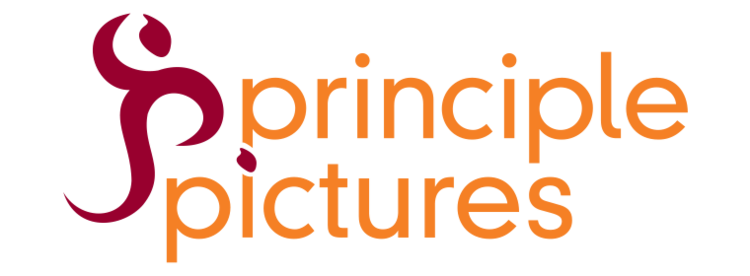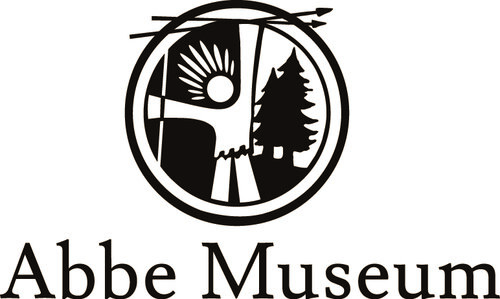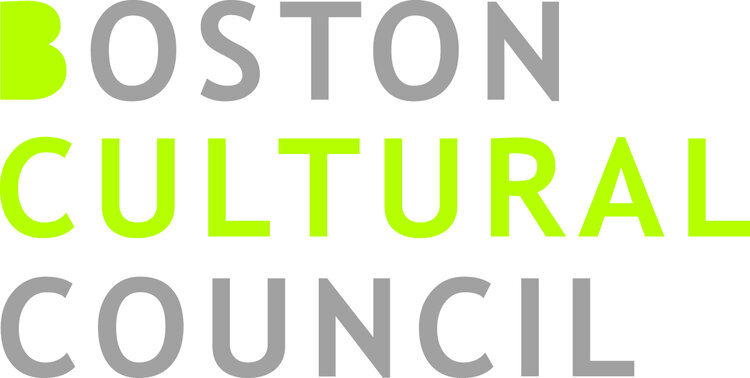Upstander Project board
N. Bruce Duthu, J.D. (he/him) is the Samson Occom Professor and chair of the department of Native American & Indigenous Studies at Dartmouth College. An internationally recognized scholar of Native American law and policy, Bruce joined the faculty of Arts and Sciences at Dartmouth in 2008. He earned his BA degree in religion and Native American studies from Dartmouth College and his JD degree from Loyola University School of Law in New Orleans. Prior to joining the Dartmouth faculty, Duthu was a professor of law at Vermont Law School, where he also served as the law school's vice dean for academic affairs and inaugural director of the VLS-Sun Yat-sen University (Guangzhou, China) Partnership in Environmental Law. Previously, he served as visiting professor of law at Harvard Law School, the universities of Wollongong and Sydney in New South Wales, Australia, and the University of Trento in northern Italy. Bruce is an enrolled tribal member of the United Houma Nation of Louisiana.
Lisa Gossels (she/her) is Emmy® Award-winning documentarian whose films The Children of Chabannes and My So-Called Enemy screened at 100 film festivals, garnered 20 awards, aired on HBO and PBS and are available on the Kanopy Streaming platform. A sought-after speaker and guest educator, Lisa has presented her films 300+ times in academic, religious, cultural and community group settings. She recently served for two years as the Artistic Director of Boston Jewish Film, curating their annual film festivals and year-round programming. She consults documentarians and film festivals, is creating a legacy documentary business, and excited about next career steps. Lisa is of Ashkenazi Jewish descent, a Brown University graduate and back in the territory of the Massachusett Tribe after decades living on the island of Manhattan. She had the joy of helping UP with grant writing, communications, and film distribution in the past and is honored to be on the Upstander Project Board of Directors.
Adam Payne, Ph.D. (he/him) has extensive experience in the creation, implementation and strategic development of business and leadership development initiatives. Adam also has over 14 years of teaching and administrative experience in higher education. He has presented courses, his research, and his applied experience at conferences and other engagements across the globe. He earned a doctorate of education in organizational leadership and learning from the Graduate School of Education at the University of Pennsylvania, an MA in industrial/organizational psychology from the University of North Carolina at Charlotte, and a BA in psychology and statistics from the University of Central Florida. Adam currently serves as an assistant professor of psychology at Wentworth Institute of Technology and is the chair/president of the UPenn Chief Learning Officer (CLO) Alumni Network Board of Directors.
Friends of Upstander Project
Chico Colvard (he/him) is the founder of C-LineFilms and an assistant professor of Cinema Studies at Massachusetts College of Art & Design. He was the founding curator of the UMass Boston Film Series, where he taught race-, law-, and media-related courses for 15 years. Chico’s work has streamed online and shown at festivals, colleges, universities, and museums around the world. His award-winning feature, Family Affair, premiered in competition at Sundance and was the first film acquired by Oprah Winfrey for OWN. His recent film, Black Memorabilia premiered at MoMA and aired on PBS' Independent Lens. Chico is a two-time Sundance Fellow, WGBH Filmmaker-in-Residence, Firelight Media Fellow, Flaherty Fellow, Guggenheim Fellow, and a MacArthur Fellowship Juror.
Chris Newell (Passamaquoddy) (he/him) is Tribal Community Member-in-Residence for the University of Connecticut and cofounder/director of education for Akomawt Educational Initiative; a majority Native-owned educational consultancy based in Connecticut. He is a multi-award-winning museum professional born and raised in Motahkmikuhk (Indian Township, ME) and a proud citizen of the Passamaquoddy Tribe at Indian Township. He also serves on the Board of Trustees for the New England Museum Association, Tides Institute, Maine Public, and the New England Foundation for the Arts. Chris is a long-time singer with the acclaimed Mystic River singers based out of Connecticut and has travelled the US and Canada singing and participating in cultural celebrations, pow wows, and live stage performance. Chris was the Senior Advisor for the Emmy-award winning documentary Dawnland and participant and co-director of the short documentary Weckuwapok: The Approaching Dawn (2022) chronicling a historic sunrise concert collaboration in 2021 with Wabanaki musicians/storytellers and 19-time Grammy-winning cellist Yo-Yo Ma. In addition, Chris is a published author of the Scholastic book If You Lived During the Plimoth Thanksgiving, a non-fiction historical children’s picture book focusing on the history of encounters with Wampanoag peoples and early English colonists which earned starred reviews from the School Library Journal and Kirkus Reviews.
Claudia Fox Tree, M.Ed. (Arawak/Yurumein) (she/her) has been a middle school special education teacher for over 30 years in the Massachusetts public school system. She has taught professional development social justice courses at the college level for more than 25 years. Claudia is on the board of the Massachusetts Center for Native American Awareness and is a Massachusetts Liaison for the United Confederation of Taino People. She is a United Confederation Of Taino People Rep and tribal member of the Iukaieke Guainia Taino Tribe. Claudia earned her Bachelor’s degree in Psychology and Anthropology from the University of Massachusetts (Boston), teaching certification in elementary and special education from Fitchburg State College, and a Master’s Degree in Education from Northeastern University with a focus on educational research.
Dina Gilio-Whitaker (Colville Confederated Tribes) (she/her) is a lecturer of American Indian Studies at California State University San Marcos and a consultant and educator in environmental justice policy planning. Dina’s research focuses on Indigenous nationalism, self-determination, environmental justice, and education. Dina is coauthor with Roxanne Dunbar-Ortiz of “All the Real Indians Died Off” and 20 Other Myths About Native Americans and author of As Long as Grass Grows: The Indigenous Fight for Environmental Justice from Colonization to Standing Rock.
gkisedtanamoogk (key-said-TAH-NAH-mook) (Mashpee Wampanoag) (he/his) is from the community of Mashpee located on what is currently called Cape Cod in Massachusetts. He served as co-chair of the Maine Wabanaki-State Child Welfare Truth and Reconciliation Commission. Previously, he was an adjunct instructor with the Native American Studies Program and the Peace and Reconciliation Programs on the Orono campus of the University of Maine for more than a decade.
J. Cedric Woods, Ph.D. (Lumbee Tribe of North Carolina) (he/him) combines over a decade of tribal government experience with a research background, and has served as the director of the Institute for New England Native American Studies at UMass Boston since 2009. Currently, Cedric is working on projects with tribes in the areas of tribal government capacity building, Indian education, economic development, and chronic disease prevention. Cedric has served as a consultant for the National Museum of the American Indian, the Haliwa Saponi Indian Tribe of North Carolina, and the Mashantucket Pequot Museum and Research Center. He also is a member of the Board of Trustees of Plimoth Plantation, a bicultural living history museum in Plymouth, Massachusetts.
Judi Freeman, MAT (she/her) has served for more than 20 years as the Seevak Chair in History at the oldest public school in the United States, Boston Latin School. Teaching Native American history and culture has become an integral part of her educational work. Previously, Judi was an art museum curator specializing in modern and contemporary art. She has received two Fulbright awards and was a fellow with Reimagining Migration, the USC Shoah Foundation for Visual History and Education, the Auschwitz-Birkenau Museum, the United States Holocaust Memorial Museum. She recently joined the New York Times Teaching Project as a member of its first teacher cohort. She was recognized with the first Upstander prize from Facing History and Ourselves in 2013, the September 11th Tribute Center Teacher Award in 2015, Boston Teacher of the Year in 2004, and was named a Chevalier dans l’ordre des arts et lettres by the French government in 1991.
Roger Paul (Passamaquoddy, Wolastoq) (he/his) is the co-director of Upstander Academy. He was born to a Passamaquoddy mother who, soon afterward, walked on to the spirit world. His father, who was Wolastoq, along with his community, went to great lengths to protect him from state “child welfare” officials who wanted to send him away to residential school or place him in the foster care system. Thus, Roger grew up on many reservations throughout Maine and New Brunswick. His older brothers and sister were not as fortunate. They were taken and sent to the residential school at Shubenacadie. Roger holds a master’s degree in linguistics from MIT and works as a Wabanaki Languages teacher with the Penobscot Nation, the University of Maine at Orono, and the University of Southern Maine. He takes an active and diligent role in Wabanaki communities towards the preservation, continuing growth, and prosperity of the Wabanaki language, culture, and people.
Tracy Rector, M.Ed. (she/her) is passionate about amplifying and empowering Indigenous voices and brings two decades of experience as a community organizer, educator, filmmaker, film programmer, and arts curator, all infused with her deep roots in plant medicine. Over the last 17 years, she has directed and produced over 400 films including shorts, features, music videos, and virtual reality projects. Her work has been featured on Independent Lens, ImagineNative, National Geographic, and at the Smithsonian’s Museum of the American Indian, as well as at international film festivals including Cannes and Toronto. Tracy is in her second term as a Seattle Arts Commissioner, sits on the board of the Mize Foundation, and is the cofounder of Longhouse Media.














